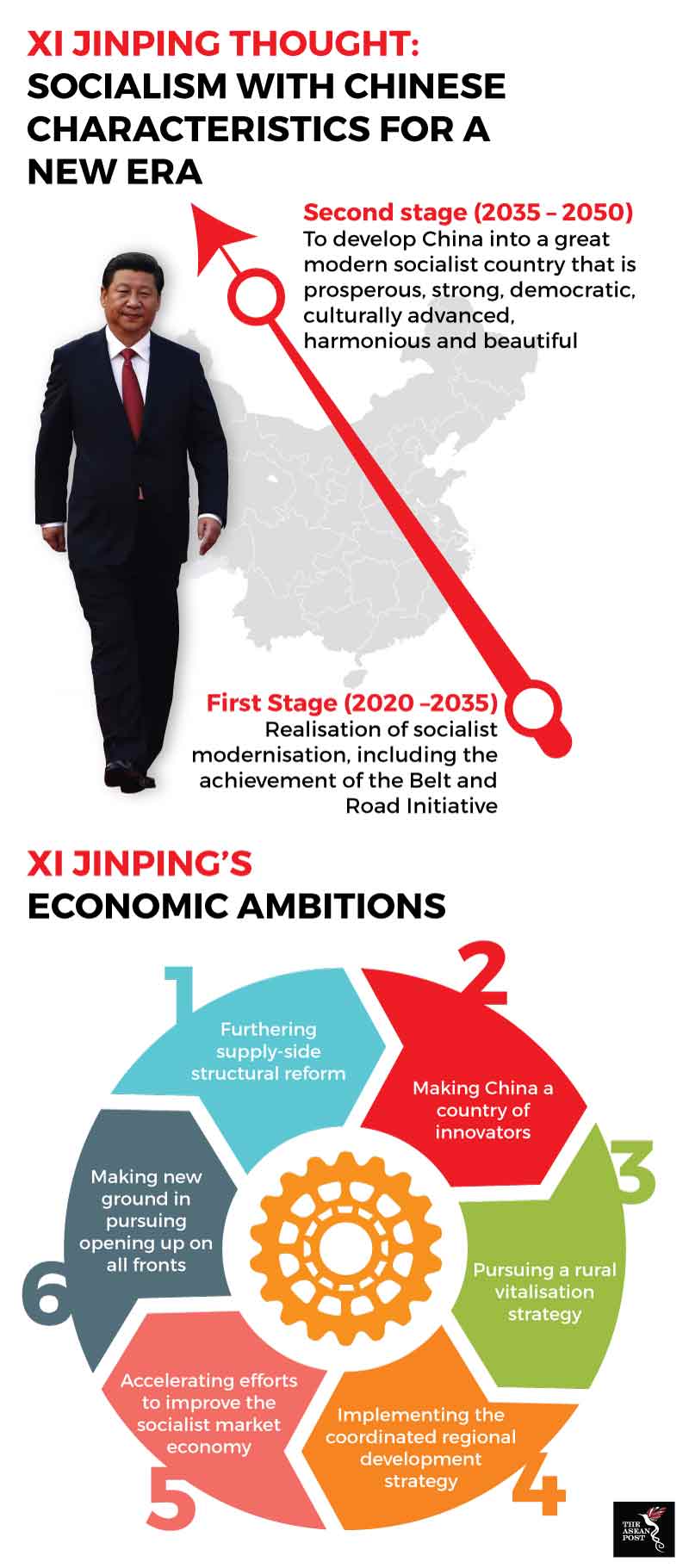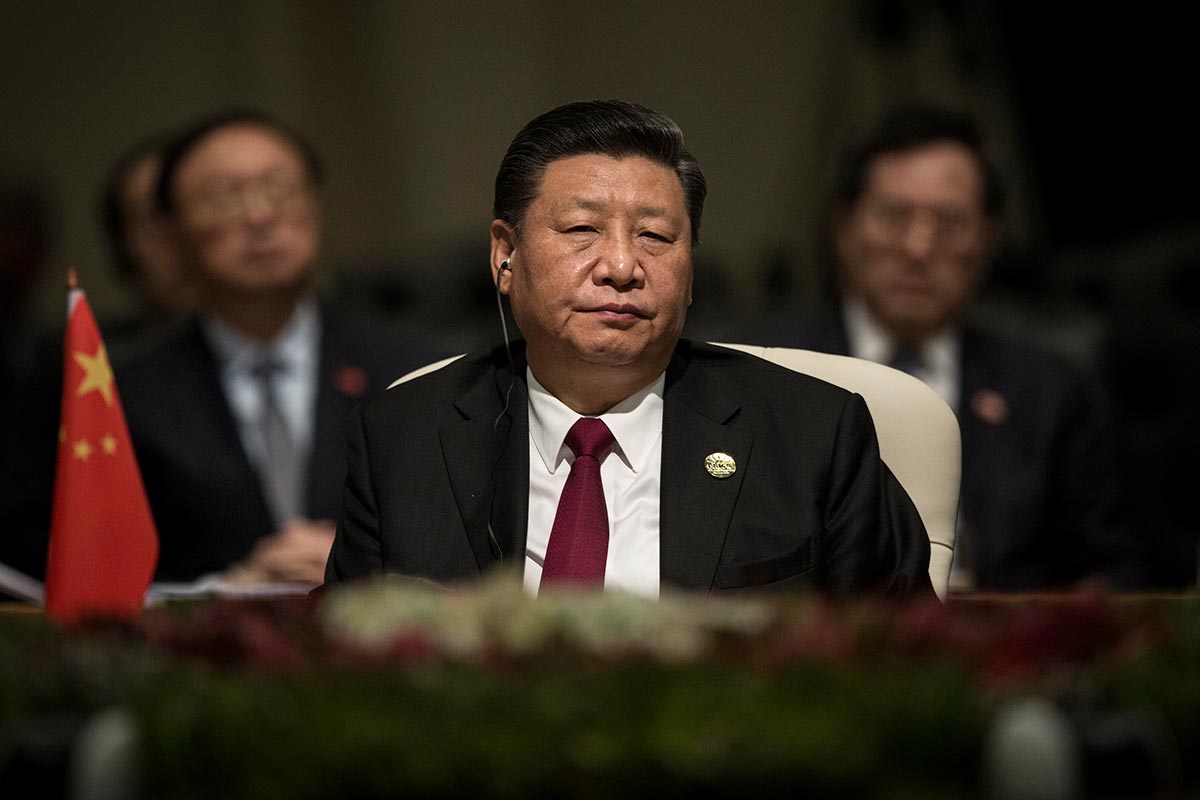China’s economic credentials paint a picture of a flourishing capitalist state – but the world is well aware that it is a socialist republic with a command economy governed by the Chinese Communist Party (CCP). Its success story thus far has depended on who helms the CCP – Mao Zedong, Deng Xiaoping and Hu Jintao - are among the few who have led the nation to where it is today.
In 2012, the country saw the rise of another leader – Xi Jinping. Among his bold ideas, the resurrection of an ancient trading route spanning continental Eurasia and its maritime equivalent connecting the Chinese coast to Europe via the South China Sea and the Indian Ocean.
In a speech delivered at Nazarbayev University, Kazakhstan, Xi unveiled his grandiose ambition of a Silk Road Economic Belt linking China, the rest of Eurasia and Southeast Asia and a Maritime Silk Road which would link the Chinese and European coasts via the Indian Ocean and the South China Sea. The Belt and Road Initiative (BRI) would serve as a sprawling land and sea network with China at the heart of the action. Popular estimates indicate that the plan would require investments of between US$1 trillion to US$8 trillion.
Xi Jinping thought
The immense scale of the project is reflective of Xi’s leadership acumen, his confidence and ambition. It’s safe to assume that such an endeavour would never have been on the agenda of his predecessors. However, Xi’s has struck a different tone compared to previous Chinese Presidents. In an effort to bolster this vision, he has taken steps to consolidate his power and legitimacy on the domestic front.
In October last year, “Xi Jinping thought” – a broad framework of his ideology regarding socialism which also includes his vision of a “Chinese Dream” – was enshrined into the state’s constitution. No other leader has had an eponymous ideology added into the constitution while in office since Mao. Deng’s name was included posthumously in 1997. Earlier this year in February, the constitution was amended again to remove the two-term presidential term limit which was set in place to prevent a similar Maoist authoritarian experience. With the removal of the term limit, Xi can in theory, rule indefinitely well past the end of his second term in 2023.

Source: Various sources
Such steps are integral to ensure a conforming system as Xi embarks on an ambitious undertaking like the BRI. It marks a major departure from the Dengist policy of taoguang yanghui – of hiding your strength and biding your time. Instead, China under Xi is now becoming more active and ambitious on the international stage which can be seen as a direct effort to achieve the great rejuvenation of the Chinese nation.
The geostrategic capabilities of the BRI have not been understated by analysts and the media alike. Although Xi may downplay the intent of the BRI, it is not a far-fetched assumption that the BRI may result in an increased Chinese security presence. The diversification of energy supplies, land and sea infrastructure development projects, and spread of Chinese soft power are undoubtedly primary geostrategic tools for Beijing. Moreover, the United States’ (US) apparent vacuum left in regions like Southeast Asia only presents a better opportunity for China to slide into a position of primacy.
On the economic front, the BRI may also serve to help China soak up excess industrial capacity as well as promote economically underperforming regions in the state. But the brazen manner of which the BRI is being aggressively promoted to the world may suggest that its primary motive is outward-facing. Fears of debt-trap diplomacy have already proven to be true given Sri Lanka’s experience of having to cede over Hambantota Port to Chinese companies after failing to honour its loan agreement.
Ultimately, as much as the BRI is China’s initiative, it’s also a way for Xi to stamp his legacy not only within the country but in the history of the world. Amid an air of uncertainty over the US’ leadership on the global stage, China is fast sneaking up as an attractive alternative. Having teased the world of a rise since the 1990s, with Xi at the reins, a new era of Chinese supremacy may well and truly be on the cards now.
Related articles:
Xi Jinping's rise through the ranks
